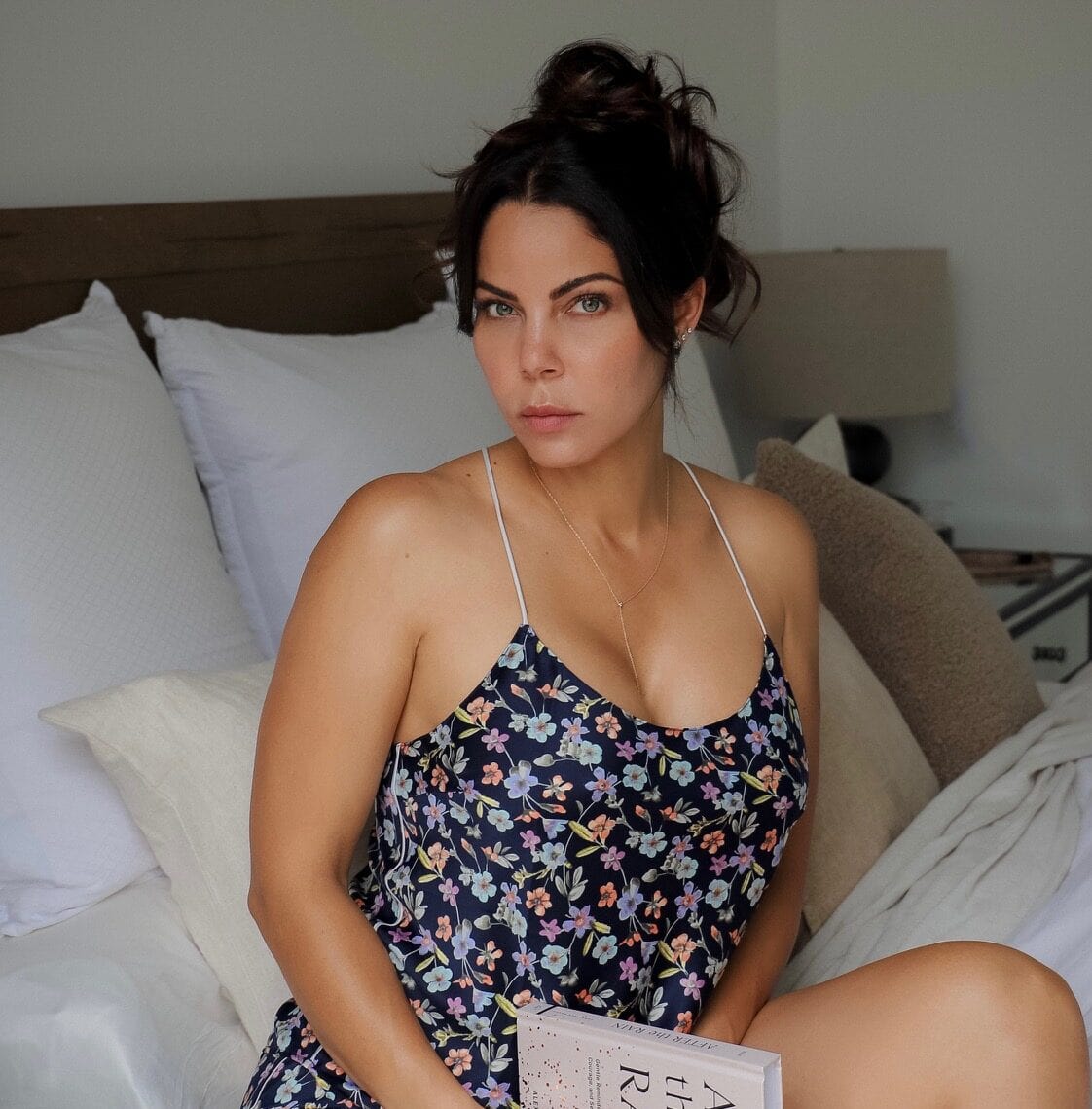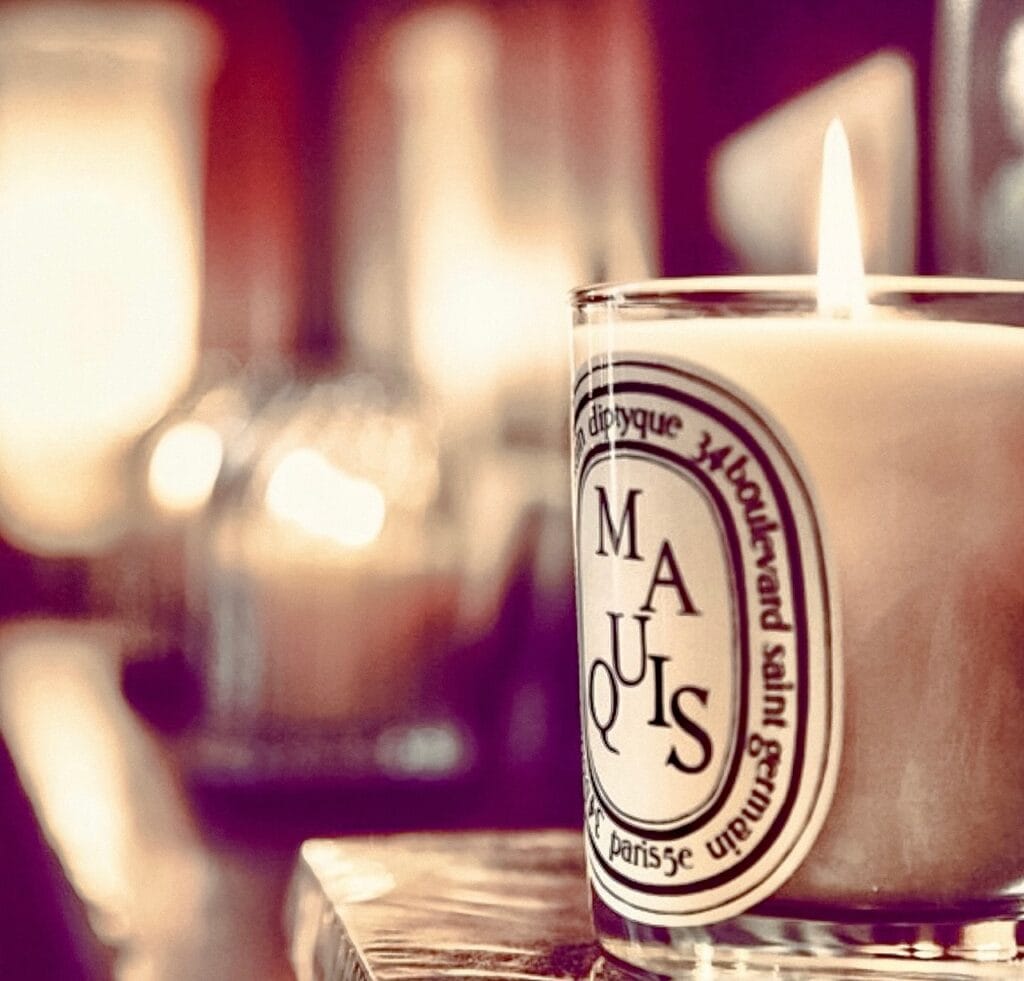
10 Tips For A Better Night’s Sleep
Like many people the world over, getting a good night’s sleep has always been a struggle for me. And as I get older, things aren’t getting any easier. Anyone who struggles with a sleep disorder or who regularly spends their nights tossing and turning understands the struggle. Waking up every day trying to make it through the mornings tired, grumpy, and most likely over-caffeinated knows that improving your sleep needs to be a priority. Besides leaving us tired and moody, a continuous lack of sleep increases our risks of obesity, heart disease, and type 2 diabetes.
I have a vicious cycle that I often find myself in. And chances are there are a lot of people out there that can relate. I have a poor night’s sleep, sometimes many days in a row. Now I’m super tired during the day, which leaves me with two options. Option number one is taking a nap during the day but then being wide awake at bedtime and ending up staying awake way too late into the night. Option number two is to drink a lot of caffeine throughout the day to counteract the tiredness. But the caffeine keeps me wide awake late into the night. Both scenarios are a losing option.
I’ve found that implementing as many of the tips below is the biggest help in regulating my sleep. There are always events in life that can throw this off. But as quickly as I can, I try to get back into my routine.
If you have trouble sleeping, whether it’s falling asleep or staying asleep that’s a constant problem, try these tips before turning to medication. Even though sleep medicine can definitely help, it comes with many health risks of its own. Some of these side effects include- a change in appetite, dizziness, drowsiness, dry mouth, abdominal pain or discomfort, as well as headaches and strange dreams. Better to avoid the possibility of these side effects if you can and try these 10 tips for a better night’s sleep instead.
10 Tips For A Better Night’s Sleep
Exercise
Regular physical activity boosts the effects of natural sleep hormones such as melatonin. Even a low-impact fitness program, like walking, swimming, or yoga, is beneficial. Keep in mind that a morning workout is ideal. Exercising too close to bedtime can be stimulating and can actually make it harder to fall asleep.
Limit Caffeine
Try to limit the amount of caffeine you consume in the afternoon. You might grab an afternoon coffee for an energy boost, but the stimulating effects of caffeine take hours to wear off. Even if you are able to fall asleep, the caffeine will wreak havoc on the actual quality of sleep.

Don’t Eat Before Bed
Pay attention to what and how much you’re eating before going to sleep. In particular, avoid large, heavy meals within a few hours of bedtime. Being overly full keeps you awake in discomfort just as much as a hungry, grumbling belly. If you’re hungry right before bed, a small healthy snack like some fruit should hold you over until morning and help you fall asleep faster.
Limit Day Time Naps
Wanting to take a nap after a poor night’s sleep is totally understandable, but sleeping during the day can interfere with your nighttime sleep in a big way. If you feel that you must take a nap, try limiting it to 20 minutes or half an hour max. But as much as you can avoid daytime naps later in the afternoon and don’t let it be part of a daily routine.

Set A Relaxing Bedtime Routine
A regular bedtime routine helps young children relax and get ready to go to sleep. In the exact same way, a relaxing bedtime ritual can have similar effects for adults. Try listening to calming music, taking a warm bath, or reading a book. These calm activities can signal to the body and mind that it’s time to sleep.
Stick To A Sleep Schedule
The circadian rhythm is the body’s internal clock. You’ll have regularly consistent and restorative sleep when it’s working properly. If it’s thrown off, then you can suffer from significant sleep problems. Our circadian rhythm aligns our sleep and wakefulness to match up with the day and night.
It’s important for your body to have a regular sleeping schedule. Try going to bed and waking up at the same time every day. Being as consistent as possible, even on weekends, will help enforce your body’s sleep-wake cycles.

Silence is Golden
Make sure your bedroom is as quiet as you can make it. Close the windows if you are on a noisy street. Turn off distractions like the TV and put your cell phone in airplane mode. I even go as far as to turn off my ice maker at night. You can further block out sound with a white noise machine or fan.
Block Out The Light
Turn off all lights and use blackout curtains or shades to eliminate outside light. If you have an electric alarm clock, try dimming it or turning it away from the bed so that the light doesn’t disturb you. A cloth eye mask will also block out some light if the other suggestions aren’t an option. I use this pure silk sleep mask from Slip.

Chill Out
The best sleeping temperature for most adults is 65 degrees Fahrenheit. However, this may vary a few degrees from person to person. Try setting the thermostat somewhere between 60-67 degrees to find the best temperature for a good night’s sleep.
Avoid Alcohol
Alcohol can have a stimulating effect similar to caffeine. I know drinking a glass of wine before bed may sound like a good idea and even make you feel sleepy. But the reality is it will still disrupt your sleep throughout the night.
I hope you found these 10 Tips For A Better Night’s Sleep helpful and that there are a few tips you can incorporate into your daily and nightly routine. Please let me know in the comments below if you have any good tips or strategies for falling asleep at night!
Xx Monti
Shop the Post


